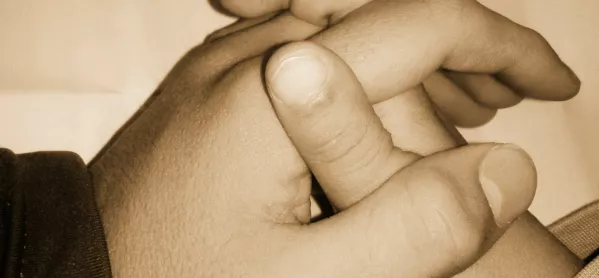Trainee teachers would struggle to spot signs of mental illness in pupils, new research has found.
And, even if they were able to identify mental ill-health, the trainees would be unsure how to address it.
Jonathan Glazzard, professor of education and mental health specialist at Leeds Beckett University, surveyed 300 British teachers about the mental health problems faced by their pupils.
He found that almost 60 per cent of trainee teachers did not feel confident about identifying mental health needs in pupils. And 70 per cent did not feel equipped to support pupils with such needs.
Nearly three quarters - 73 per cent - did not believe that mental health was given sufficient priority during initial teacher training courses.
‘Ensuring equality of access’
In a mental health Green Paper, published in December, the government proposed allocating £95 million towards appointing a member of senior staff in every school to work as a mental-health lead.
Professor Glazzard said that he was pleased that the prime minister had shown her commitment for supporting pupils’ mental health. However, he added: “The proposals for additional funding will not reach all schools.
“This means that some of the most vulnerable pupils are at risk of not receiving appropriate and timely support. Ensuring equality of access to support is critical, so that service provision is not a postcode lottery.”
‘Benefit society’
Many of the teachers surveyed by Professor Glazzard acknowledged the importance of proper mental health care in schools. One said: “Emotional support is massively important - and it has been overlooked in the past, compared with things like physical health.
“However, people may find it hard to help someone struggling emotionally, because of the absence of physical symptoms.”
Another said: “Mental health is a big issue across all aspects of our society. To have a better system in place for our youngest members of society will benefit society in the long run.”
It has been estimated that 10 per cent of school pupils have a diagnosable mental illness. According to NHS figures, around one in 10 girls aged 16 or 17 was referred to specialist mental health services in England last year.
Want to keep up with the latest education news and opinion? Follow Tes on Twitter, and like Tes on Facebook




